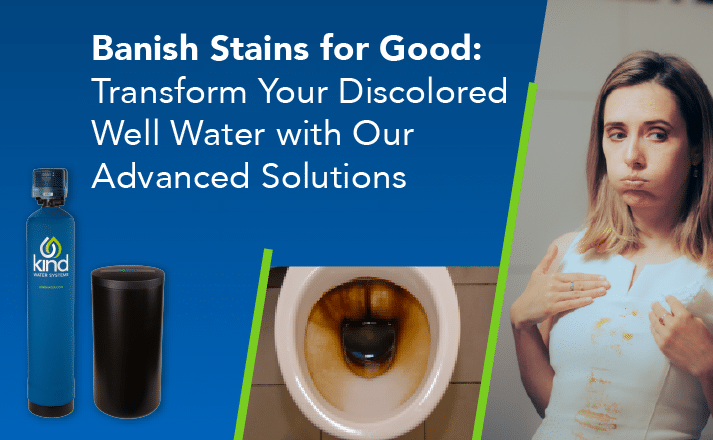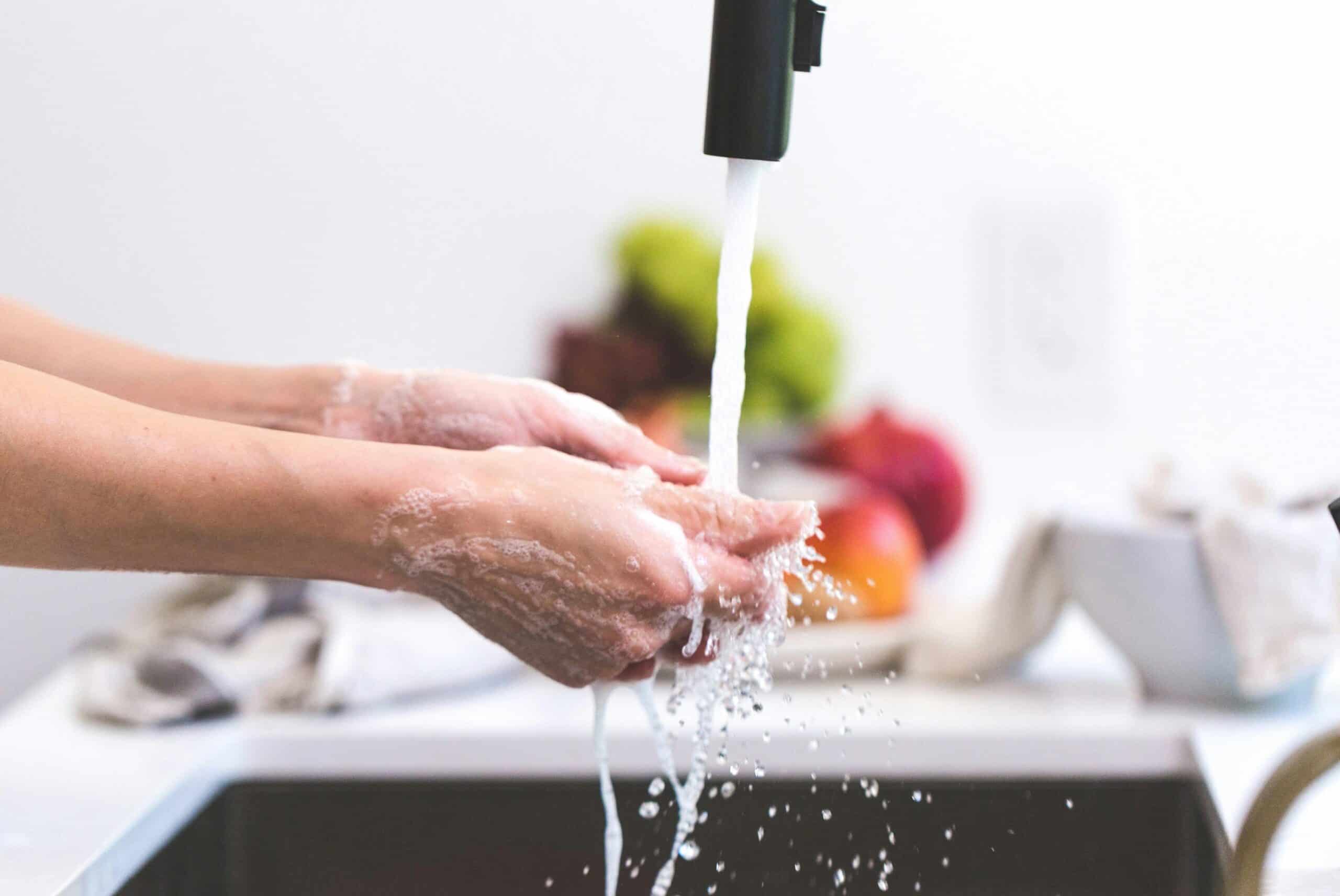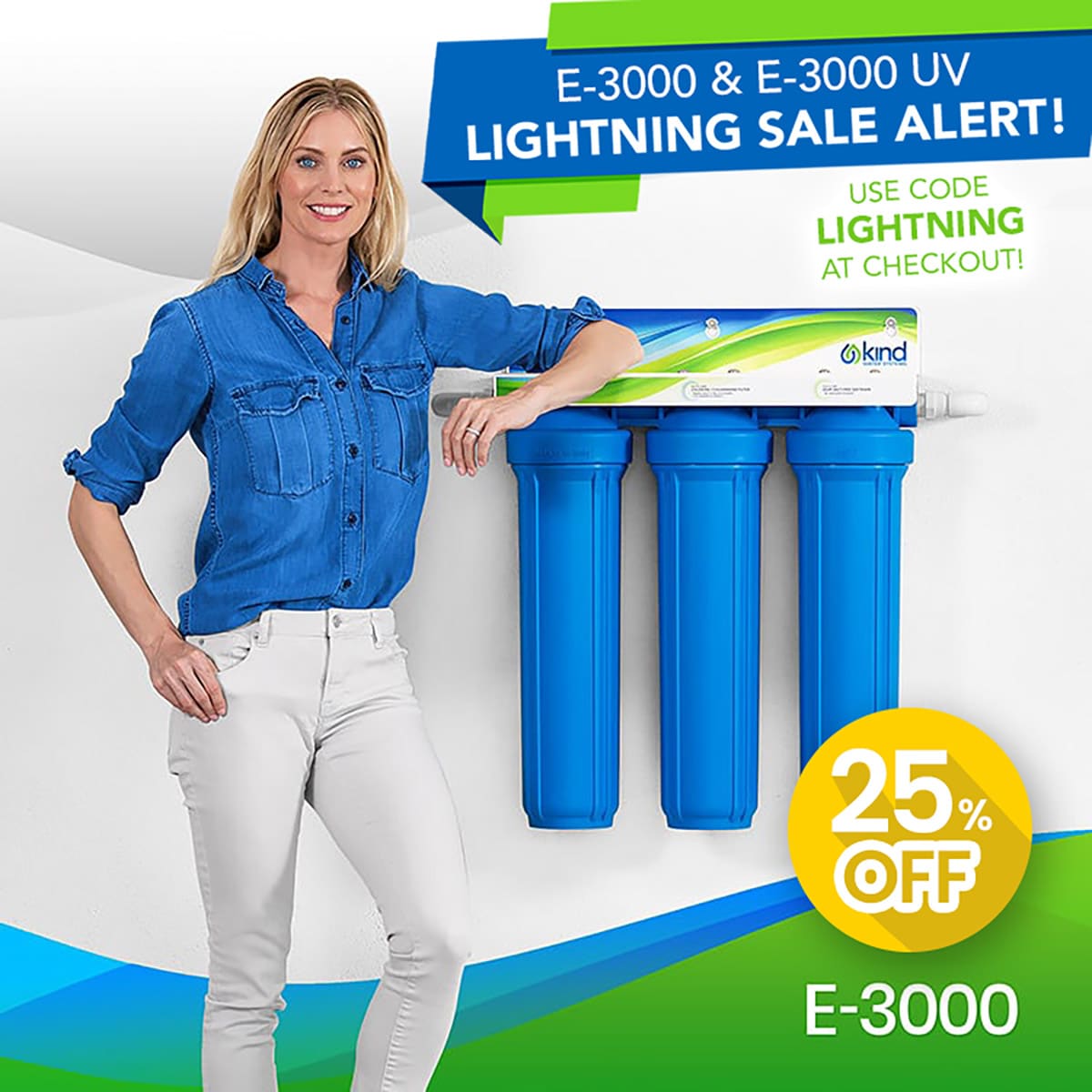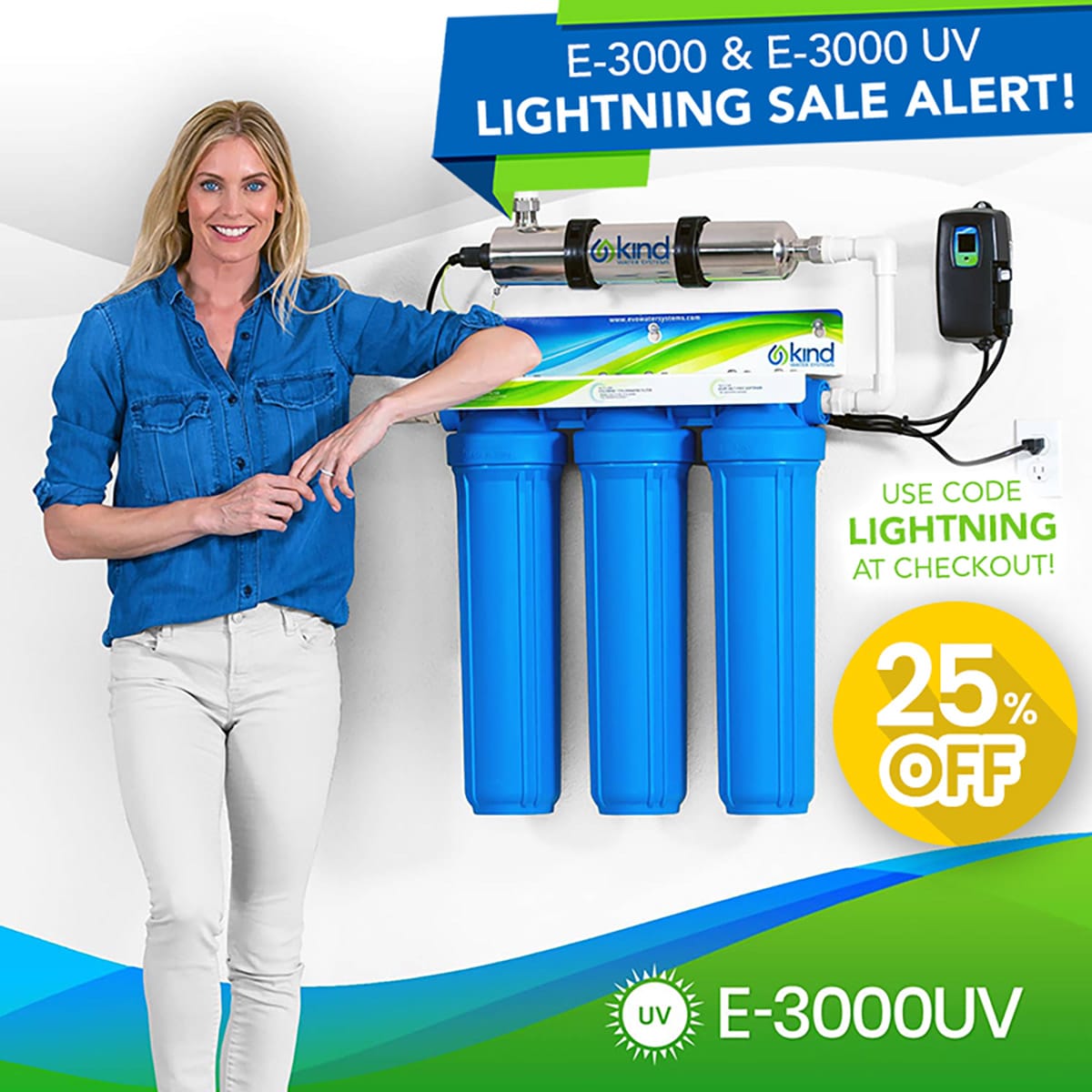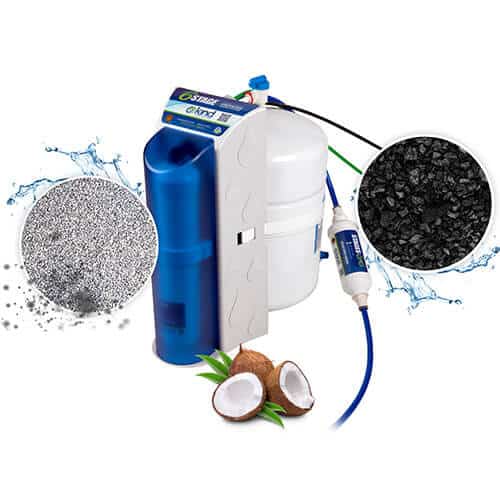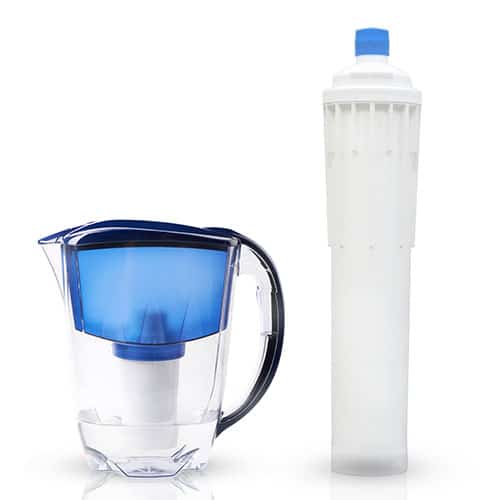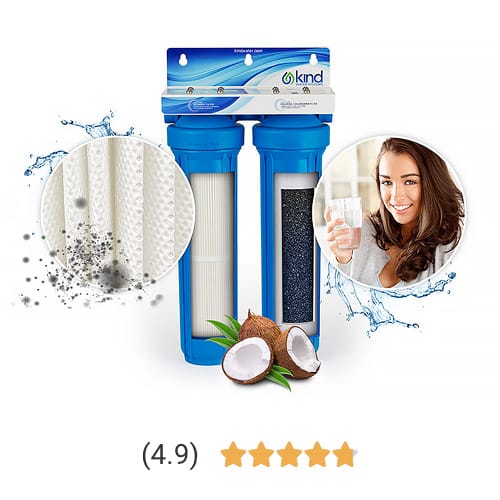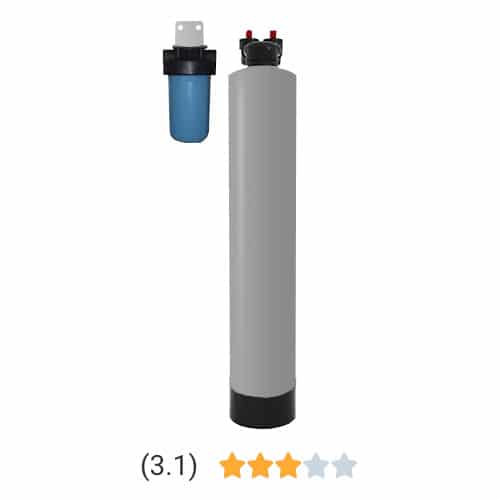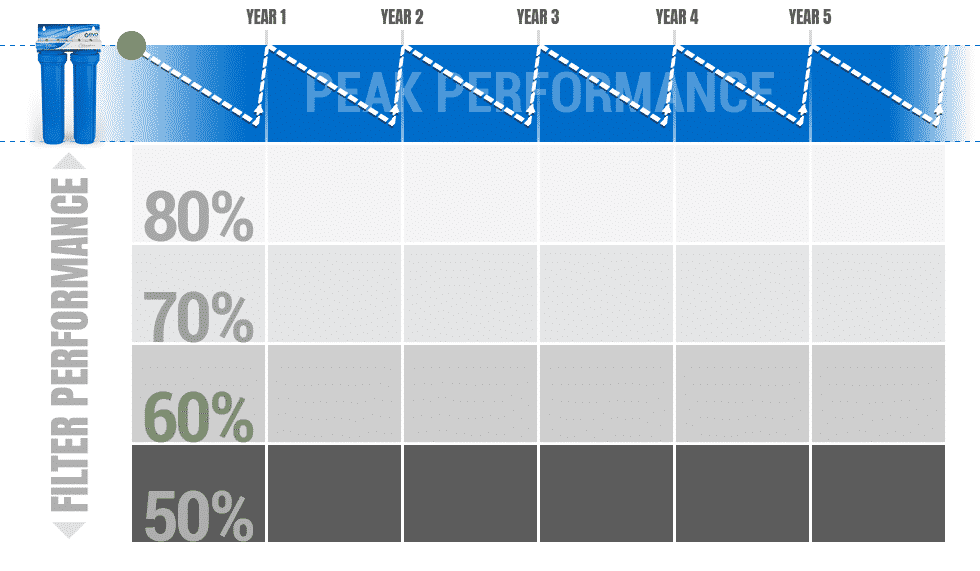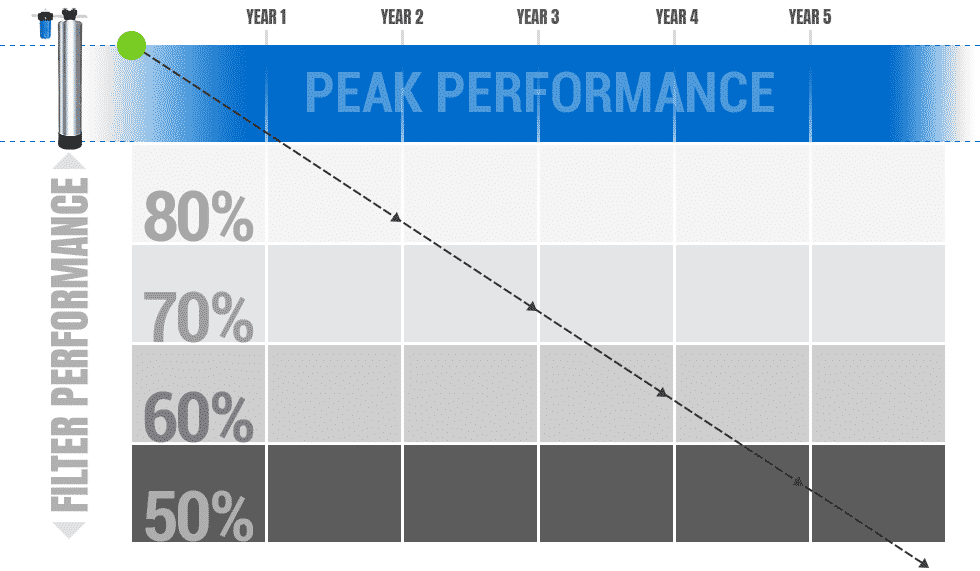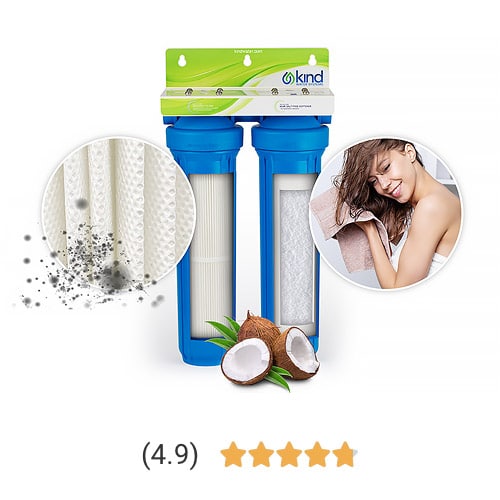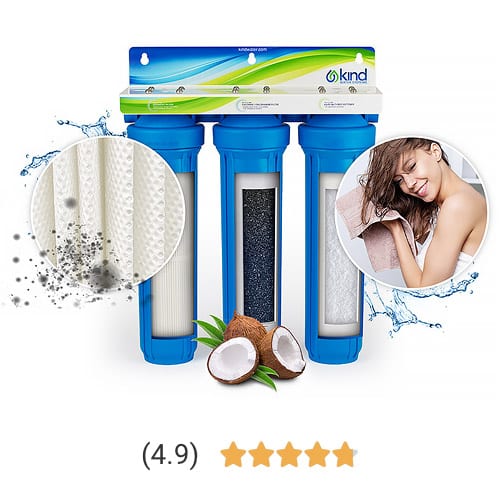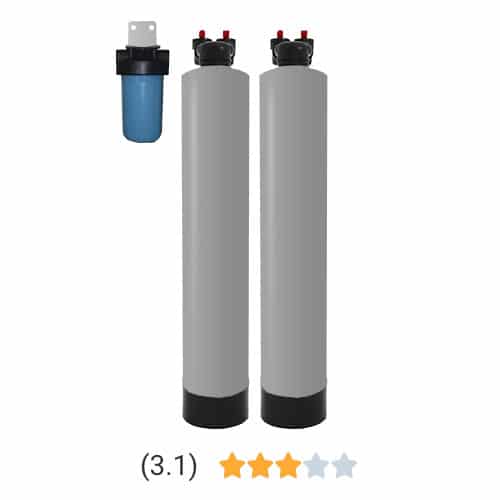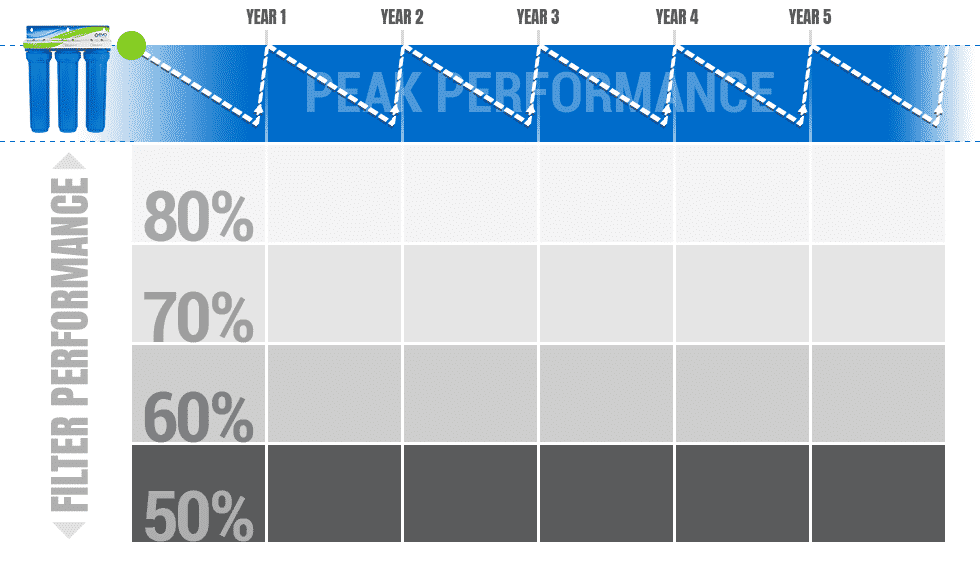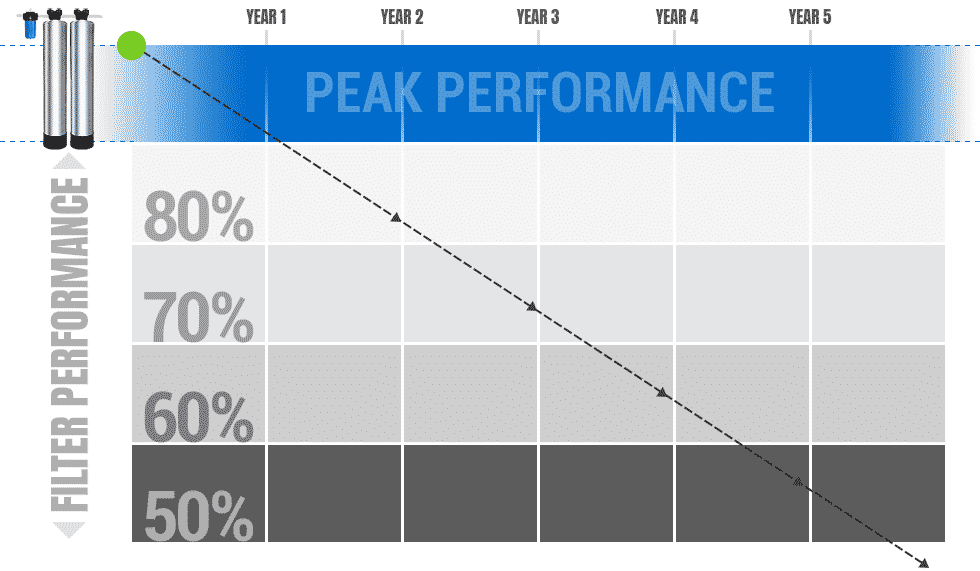Hard water may initially seem harmless, but it can cause problems for your home and daily routines. From leaving stubborn residue on dishes to damaging your plumbing system, hard water can be a nuisance. Fortunately, solutions are available to transform your water from hard to soft, ensuring a healthier and more convenient lifestyle. This guide will explain hard water and its harmful effects and explore the most effective methods to eliminate it from your home, including salt-based and salt-free water softeners.
Understanding Hard Water: What is Hard Water?
Before we delve into solutions, let’s understand hard water. Hard water is characterized by elevated concentrations of dissolved minerals, primarily calcium and magnesium. These minerals are picked up as water flows through soil and rocks, accumulating in water sources before reaching your home. While not harmful to health, the presence of these minerals can lead to various issues within your household.
What are the Effects of Hard Water?
Damages to the Plumbing System
Hard water can damage your home’s plumbing system over time. The buildup of mineral deposits, known as scale, within pipes, can result in diminished water flow and pressure. In severe cases, clogged pipes may require costly repairs or replacement. Moreover, the accumulation of scale can compromise the performance of water-utilizing appliances like dishwashers, washing machines, and water heaters, resulting in increased energy costs and premature appliance malfunction.
Shortens the Lifespan of Home Appliances
Hard water can significantly shorten the lifespan of household appliances. Appliances that come into contact with hard water, such as coffee makers, kettles, and humidifiers, are prone to scale buildup, impairing performance and efficiency. Over time, the stress caused by mineral deposits may lead to malfunctions or breakdowns, necessitating repairs or replacements. However, by addressing hard water issues, homeowners cannot only prolong the lifespan of their appliances but also reduce maintenance costs, providing a sense of financial security and relief.
Creates Surface Stains and Damage
Hard water can leave behind unsightly stains and residue on various surfaces throughout the home. Faucets, sinks, and showerheads often develop mineral deposits, detracting from their appearance and requiring frequent cleaning with harsh chemicals. Hard water stains may also affect the finish of fixtures and surfaces, diminishing their aesthetic appeal and value. By eliminating hard water, homeowners can preserve the beauty and integrity of their home’s surfaces, reducing the time and effort spent on cleaning and maintenance.
Effects of Hard Water on Your Health
Skin and Hair Irritation
Showering or bathing in hard water can deprive the skin and hair of essential oils, resulting in dryness, irritation, and itchiness. Hard water’s abrasive nature may exacerbate skin conditions such as eczema, psoriasis, and acne, causing discomfort and flare-ups. Hard water can also leave a residue on the skin and hair, making it difficult to rinse away soap and shampoo thoroughly. In some cases, using hard water when you wash your hair could cause hair thinning and hair loss.
By softening the water, you can enjoy softer, smoother skin and hair, reducing the risk of irritation and improving overall hygiene.
Respiratory Issues
Hard water may intensify respiratory issues, especially among individuals with asthma or allergies. Breathing in airborne particles carrying mineral residues from hard water can trigger irritation in the respiratory tract, resulting in coughing, wheezing, and breathlessness. Additionally, hard water minerals in steam from showers or humidifiers may aggravate respiratory symptoms, especially in enclosed spaces.
Eliminating hard water contaminants enables homeowners to foster a healthier indoor environment, mitigating the likelihood of respiratory problems and supporting respiratory well-being.
Clothing and Fabric Comfort
Washing clothes and linens in hard water can impact their appearance, texture, and longevity. Hard water minerals can cause fabric fibers to stiffen, resulting in rough, scratchy garments that are less comfortable. Furthermore, the harsh properties of hard water can accelerate color fading and the deterioration of fabrics over time.
By using a water softener, you can preserve the softness, vibrancy, and durability of your clothing, enhancing overall comfort and satisfaction.
How to Get Rid of Hard Water
Now that you’ve identified that you have hard water in your home, and you’ve learned about the effects of hard water on your appliances and health, how can you get rid of it? There are some home-remedies to treat stains and other effects of hard water, but if you want to fix this issue at the source, a water filter or softener will be your best option.
Salt-Based Water Softeners
These systems, which are the most popular for treating hard water, employ ion exchange, a method wherein calcium and magnesium ions in the water are substituted with sodium ions. As a result, the water becomes softer and less prone to causing scale buildup and other issues. These long-proven systems use resin beads to attract and remove the mineral ions from the water. The resin beads must be regenerated periodically with a brine solution containing salt. While highly effective, salt-based water softeners require regular maintenance and the ongoing purchase of salt pellets for regeneration.
Salt-Free Water Softeners
Also known as Salt-Free Conditioners or Descalers, salt-free water softeners work differently than traditional salt-based systems. Instead of removing minerals from the water, they alter the chemical structure of the minerals, preventing them from forming scale. Salt-free softeners are low maintenance and do not require the addition of salt, making them a convenient option for households looking to avoid the hassle of salt replenishment.
Reverse Osmosis Systems
Reverse osmosis (RO) systems present an alternative for treating hard water, primarily focusing on purifying drinking water. These systems use a semipermeable membrane to remove impurities, including minerals, from water, resulting in purified, soft water. While effective, RO systems are typically installed at specific use points, such as under the kitchen sink, they do not address hard water issues throughout the entire home.
Chelation
Chelation is a chemical process that employs sequestering agents to bind with mineral ions in water, thereby preventing scale formation. While less common than water softeners, chelation can effectively treat mild to moderate hard water.
Improve Your Home’s Water with Kind Water Systems
Hard water may present numerous challenges in your home. Still, with the right solutions, you can enjoy the benefits of soft water. Whether you opt for a salt-based or salt-free water softener, reverse osmosis system, or chelation treatment, addressing hard water issues is essential for maintaining the efficiency of your plumbing, prolonging the lifespan of your appliances, and improving the overall quality of your daily life.
At Kind Water Systems, we understand that ensuring the purity and softness of your water goes beyond addressing hard water alone. That’s why we’re committed to providing comprehensive solutions that soften water and filter out harmful chemicals like chlorine and chloramines. By investing in our innovative water treatment systems, like the Kind Water E-3000 Whole House Water Filter and Salt-Free Softener Combo, you’re not only safeguarding your home against the damaging effects of hard water but also prioritizing the health and well-being of your family. Rely on the advanced technology and unwavering commitment to customer satisfaction at Kind Water Systems to provide clean, safe, and revitalizing water for all your household requirements. Experience the difference of kind water today and enjoy the peace of mind of knowing your water is truly pure and gentle.

